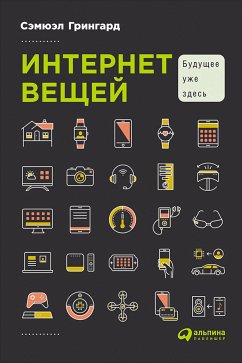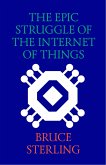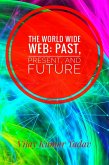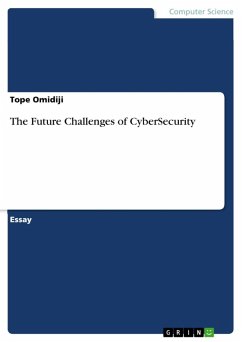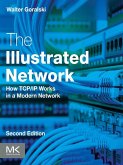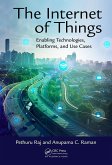Imagine: you get into the car, pick up a book and hit the road. You don't have to drive the car - it drives itself. You don't even need to tell her where to go, because she has already checked your diary, and he, in turn, filled himself out by checking your mail and electronic training plan. The car takes you not to the store, because the drones have already delivered food to your refrigerator, which last week itself sent an application to the online store, and not to work (the need for an office has long disappeared), but, say, to the opera. Such a world is offered to us by the Internet of things. It seems that this is a fantasy, but all the necessary technologies already exist and are entering mass production. This means that the idyllic reality of the Internet of Things is a matter of the very near future. And this future has a downside: a wave of computer crimes, cyberterrorism and network weapons, total surveillance and loss of control over one's own life and the world around. Samuel Greengard suggests that we go into the future without delay and reflect on important questions, the answers to which will soon be literally vital for us.
Dieser Download kann aus rechtlichen Gründen nur mit Rechnungsadresse in A, B, BG, CY, CZ, D, DK, EW, E, FIN, F, GR, H, IRL, I, LT, L, LR, M, NL, PL, P, R, S, SLO, SK ausgeliefert werden.

